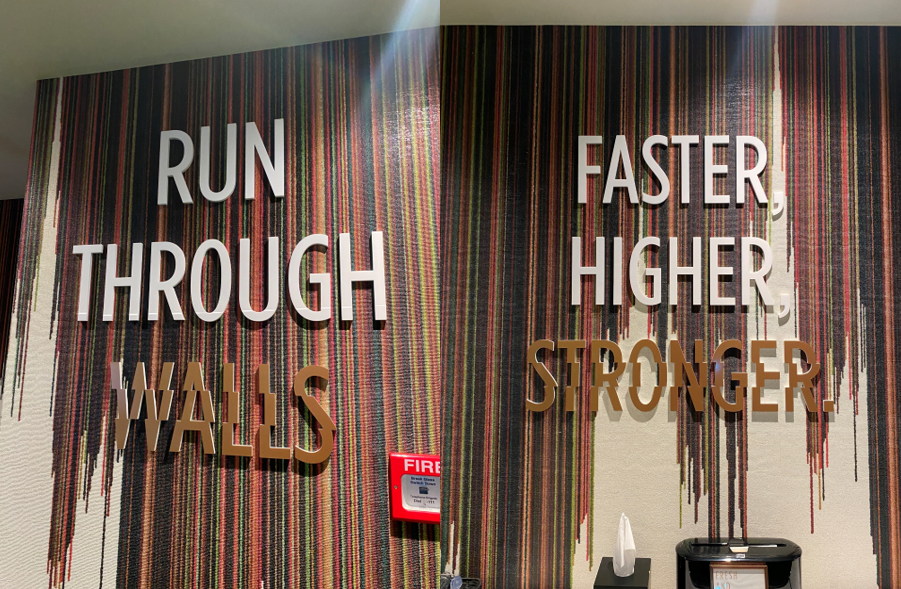I’ve launched my podcast this month, it’s very exciting and has meant learning new things. After navigating my way around the podcast host platform, I’m reflecting on the amount of technology available to us and, in particular, the difference AI is making.
Now I believe AI provides many opportunities and will change the face of how we live and work. In the same way that social media has. But like the social media revolution, not all change will be positive, and we’ll have to deliberate between what’s useful to us and what’s not, what adds positively to our lives and what potential negative impacts will come with this evolution.
I’ve played around with AI for my business and whilst I’ve found some fabulous benefits, there’s also a massive risk here for me where authenticity and humanness is concerned. Most recently demonstrated by my podcast hosting software. It has this thing called ‘magic dust’ where AI will solve all the sounds issues in your recording to make it sound perfect. Sounds great right?
So I sprinkled the magic dust across my sound file and awaited the impact – a perfect version of my voice and a flawless recording right? A sharper sound, crisp and level and yet it didn’t sound like me. I sounded like a robot. All of the inflection and emotion in my voice to make points and highlight feelings had been ‘levelled out’. I reckon this is a massive part of how we connect with each other and for those of us with high EQ it’s the difference in us listening or dismissing what someone is saying.
Most tech developers have a very strong left brain, it’s what makes them good at what they do. These are often the guys (mostly still men) involved in developing the new tech we’re using now. I wonder if EQ isn’t a feature in their world, can we expect it to be a feature in the tech they develop? Probably not. And yet it’s key to how we connect, if we trust each other and how the message we’re delivering lands (or not).
I’m also keen for my message to sound like me, not perfect, not like a robot and not devoid of any emotion. I’ve noticed this with my writing too. I’ll sometimes put blogs I’ve written through ChatGPT to see if they can be ‘improved’, or sometimes a magazine wants to run a piece of mine but only has space for 800 words so I ask AI to summarise an existing blog to this word count. Most of the time I prefer what I’ve written to the AI version. It makes sense, I’m a writer so it’s my skillset. AI, of course has its place. If writing is not your skillset, ChatGPT can definitely help. I’ve found it super useful for coming up with eye catching titles to blogs, newsletters and training programmes, but the content is always better when I write it myself.
So use these tools in a way that works for you but not in a way that compromises your authenticity or takes the humanness out of your work. I reckon that’s to our detriment. If we all sound the same, where’s the point of difference? And whilst I understand I could train AI to ‘write like me’, I already know how to do that myself. It’s also a process I enjoy and often get more ideas through the process of writing that would not have been created otherwise.
Remember that at this stage of its evolution AI is a reflection of those who are building it and there’s simply not enough diversity there to make it as good as we hope it will be. This could change over time but in the meantime, I’m a massive fan of the humanness we bring to our work and our worlds, the EQ we rely on to connect meaningfully, and the art of innovation that happens when it’s our own brain at work, not a robot.
AI is great, humans are better.
Want to chat about preparing your leaders for the future and leveraging your humanness for competitive advantage? Get in touch to find out more about my workshops and programmes.























